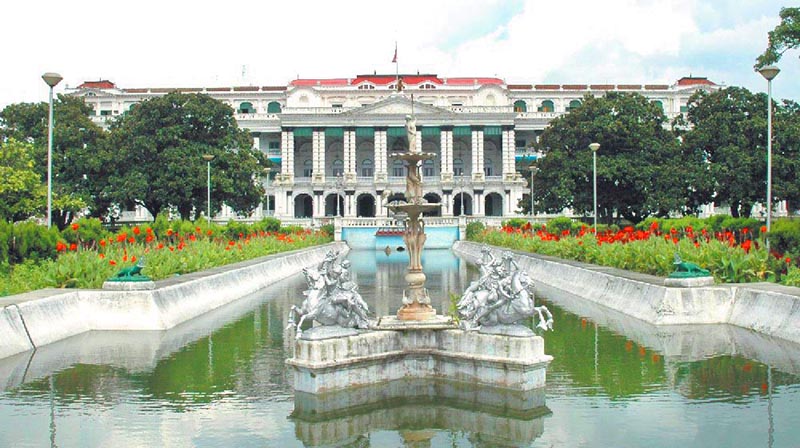‘Bid to render national rights body toothless’
Kathmandu, April 14
The government has prepared a draft bill to amend the National Human Rights Commission Act proposing to give more discretionary power to the Attorney General on the rights body’s recommendations seeking prosecution of human rights violators.
The draft bill, which the government is preparing to register in the Parliament Secretariat, also proposes that the NHRC should make recommendations for filing court cases to the Office of the Attorney General.
The draft bill also states that if the AG tells the NHRC to conduct further probe into certain cases, the latter should comply with the order. The draft bill also states that the AG will have the authority to take a final call on filing cases against alleged human rights violators after analysing additional evidences submitted by the NHRC.
NHRC member Mohna Ansari said although the OAG had the power to not file certain cases in the court, it could not exercise such power in those cases where the NHRC, after completing full investigation, named the perpetrators and sought actions against them. She said the rights body had clearly recommended prosecution of human rights violators, particularly security forces. The spirit of the constitution is that NHRC’s recommendations should be acted upon, not ignored, she argued. Ansari also said the AG had authority to complete its own investigation in cases where the NHRC’s investigation might not be complete, particularly in identifying culprits. “We submit our reports to the Prime Minister’s Office and it will be wrong of the OAG to tell us to investigate further,” she said. “This draft bill,” Ansari argued, “Proposes to give unnecessary discretionary power to the Attorney General on the prosecution of cases.”
“We had forwarded an original draft to the government but we had not proposed these provisions in our draft,” she added, “If this draft becomes part of the NHRC Act, then human rights violators can easily get clean chits.”
She said the NHRC’s autonomy should be respected or else it would not be able to function independently. “In Sri Lanka, security officials have to take clearance from their National Human Rights body to travel out of the country. This is a developing concept, which might be justified in other parts of the globe as well,” she added.
Human rights lawyer Mohan Kumar Karna said the existing NHRC law also authorised the AG to take a call on whether or not a case should be filed and that provision itself was flawed. “OAG is the government’s supporting wing and often human rights violations are committed by state authorities, so the OAG might not take an impartial decision if it is given sole authority to prosecute rights violations,” he said, adding that the law should be changed to either authorise the NHRC to file cases against rights violators or a separate autonomous prosecution body should be created.
The new bill, however, proposes to give the NHRC power to recommend more reparations for victims of human rights violation.






